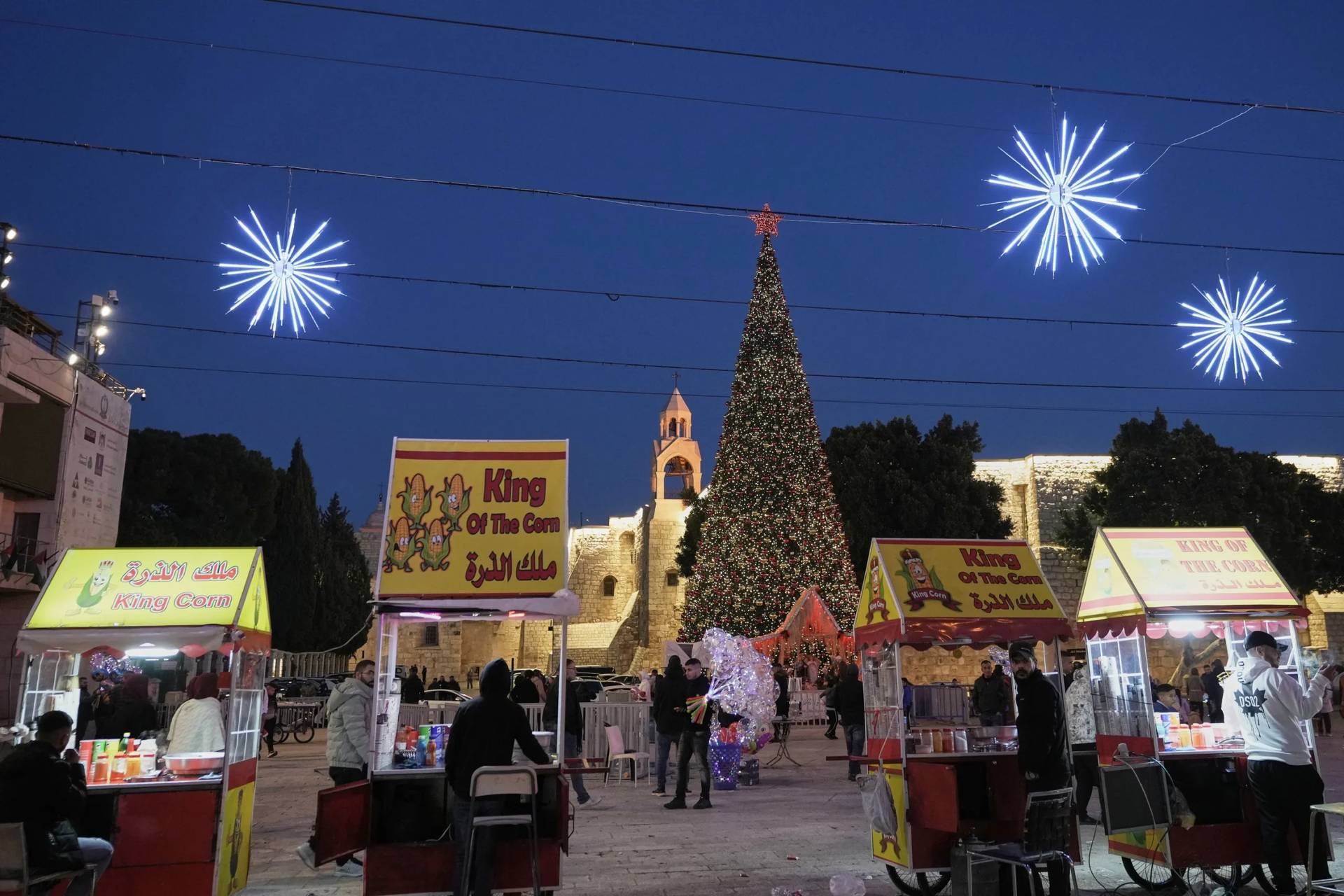ROME — Declared a martyr and beatified in 2015, Archbishop Oscar Romero, murdered as he was saying Mass in 1980, could soon be declared saint, with the local church in San Salvador having found an alleged miracle.
According to reports from Super Martyrio, a well-known blog dedicated to Romero’s beatification cause, the diocese of San Salvador has sent to the Vatican what they believe to be the miraculous cure of a woman through his intercession.
The diocese announced this through Twitter, and in Rome, Arcbishop Vincenzo Paglia, the man behind the sainthood cause for Romero, confirmed it in an interview with an Italian radio station, where he said that the alleged miracle is the “healing of a pregnant woman that at first glance seems inexplicable.”
The person allegedly healed through the intercession of Romero is Cecilia Maribel Flores, identified by local media but who to this point hasn’t come forward or spoken about it in public.
However, Paglia described her as a “woman in the seventh month of pregnancy, which was proceeding very badly. According to the clinical data she was expected to die together with the baby. Inexplicably, however, she recovered.”
People prayed to Romero for her recovery, and according to Paglia, the doctors he’s consulted thus far couldn’t explain the fact that she’s out of danger.
The findings of the diocesan tribunal were sealed on February 28 and sent to the papal representative in El Salvador. From there, they will go to Rome, where medical experts, theologians and cardinals who are members of the Congregation for the Causes of the Saints will study the file.
For the miracle to be accepted, it has to be considered un-explainable by at least five of the seven medical experts that will review the case. If in fact, the healing of the woman is deemed as such, Romero’s cause will be presented to the pope by the congregation, who’s expected to accept it without hesitation.
Last year Paglia had said that several possible cases had been studied, but weren’t sent to Rome because “we considered it was better to avoid rejection.”
RELATED: Five things you (perhaps) don’t know about Archbishop Oscar Romero
San Salvador Archbishop Jose Luis Escobar Alas told reporters on Sunday that church officials in the country are “convinced” of the miracle’s authenticity. However, he cautioned that it could take a long time for the Congregation for the Causes of the Saints to consider the matter.
Paglia was a bit less cautious on Twitter, sending out a message on March 2 asking for prayers so it can be approved by March 24, anniversary of Romero’s assassination.
March 24=Anniversary of Martyrdom of Abp Romero. Documentation of possible miracle has just been sent to Rome. Pray for approval by the 24th
— Archbishop Paglia (@PagliaTW) March 2, 2017
The bishops of El Salvador will be meeting with Pope Francis on March 24, during their quinquennial Ad Limina visit to the Vatican. The Argentine pontiff, who declared Romero a martyr bypassing the need of a first miracle, has spoken about the late archbishop several times.
For instance, addressing a delegation from El Salvador back in 2015, Francis said of Romero: “He was defamed, slandered, his memory despoiled, and his martyrdom was continued, even by his own brothers in the priesthood and the episcopacy.”
“It’s nice to also remember him like this: a man who continues his martyrdom,” Francis said at the time. “[Romero is] a man who, after having given his life, [was] continuously whipped by incomprehension and calumnies.”
Francis’s decision to declare Romero a martyr was seen by many observers as bringing to a close one of the most divisive debates in Catholicism in the last 35 years.
A hero to the progressive liberation theology movement, which sought to place the Catholic Church on the side of the poor in struggles for social justice, Romero’s detractors argued that his death didn’t meet the traditional test for martyrdom because it was motivated by politics rather than hatred of the Christian faith.
For the record, Romero was not actually part of the liberation theology movement, something Peruvian theologian Father Gustavo Gutiérrez, widely considered the founding father of Liberation Theology, has repeatedly stressed.
If anything, Gutiérrez told Crux last May in San Salvador, Romero was a traditional person, “but in the good sense: Not exactly conservative, but a very pious person.”
Salvadorans are currently celebrating a special jubilee year dedicated to Romero which will come to an end on Aug. 15. When he announced the decree of the holy year, Escobar Alas expressed his hope that “when the jubilee year is over, Archbishop Romero will have already been declared a saint.”
Many observers have pointed out that if the canonization is in fact approved, Pope Francis could be tempted to go to El Salvador to head the ceremony.

















